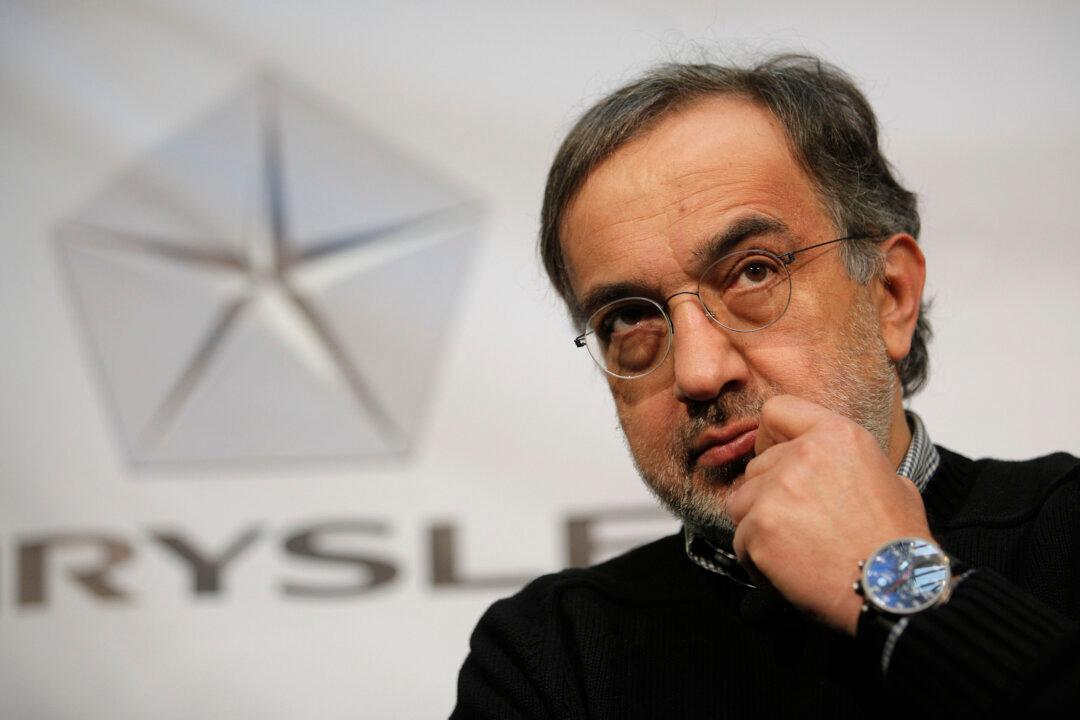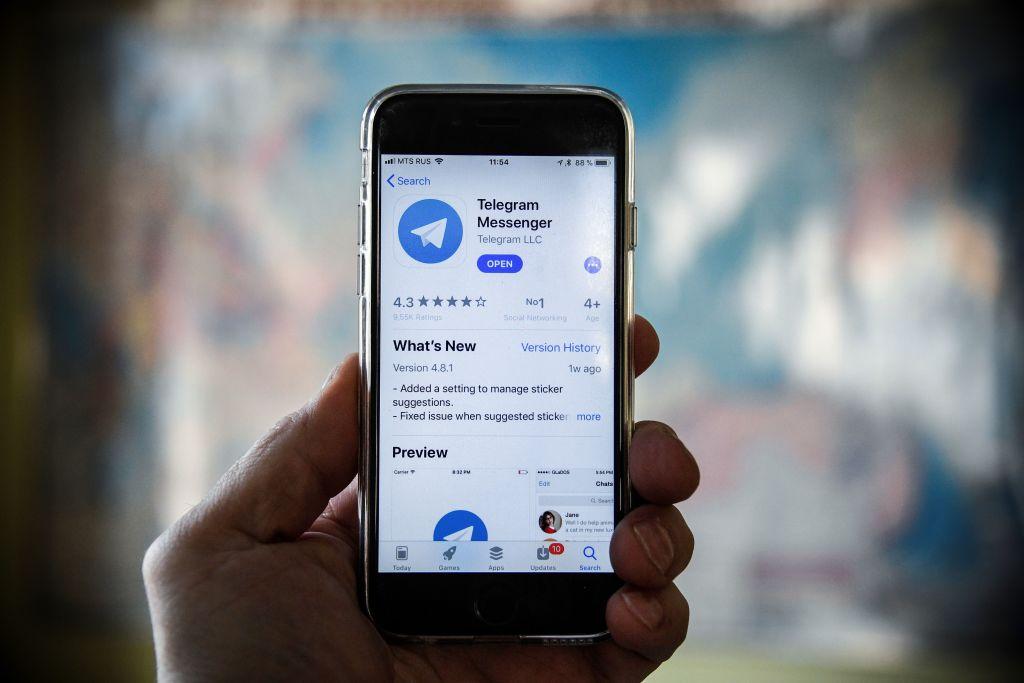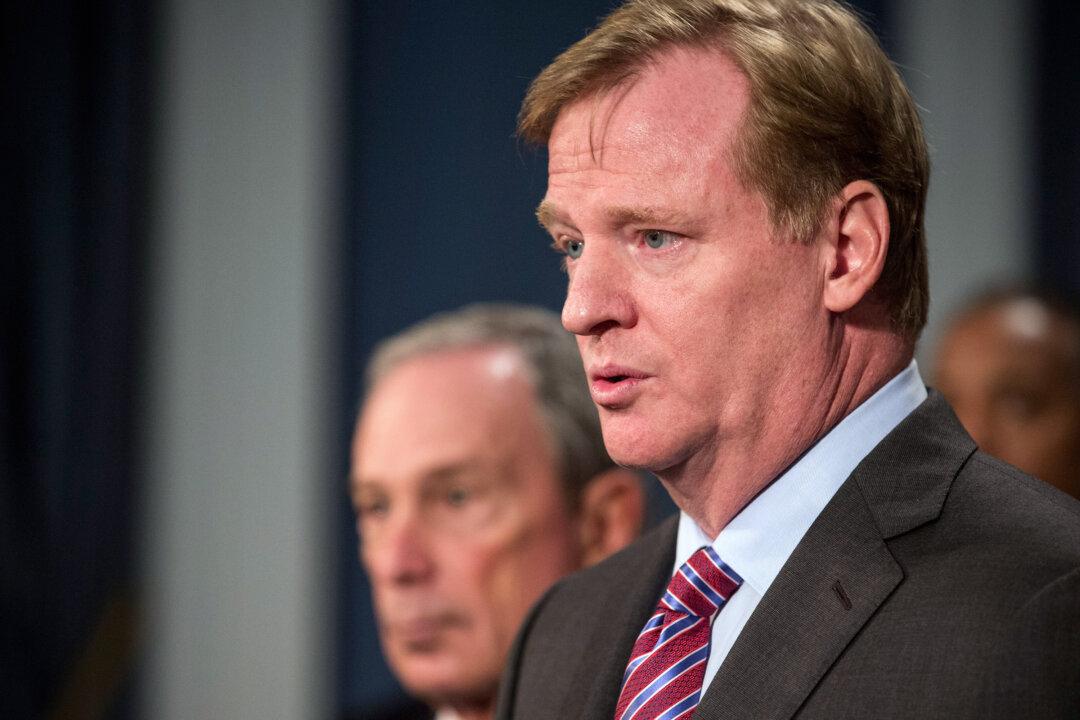NEWS ANALYSIS
Chrysler Group LLC filed a request for an initial public offering (IPO) this week as its two owners bicker over the company’s worth.
Due to a strange set of circumstances, it’s uncertain whether the IPO will actually happen. Chrysler’s majority owner, Italy’s Fiat S.p.A., has threatened to pull its support for the company if Chrysler proceeds with the IPO.
Currently, the Auburn Hills, Mich.-based Chrysler is 58.5 percent owned by Fiat, and 41.5 percent owned by a trust affiliated with the United Auto Worker (UAW) union.
The union wishes to unload its stake, raising much-needed cash to help pay for retirement and health benefits of over 60,000 members. Fiat also wishes to purchase the remaining stake it doesn’t already own, so it can integrate Chrysler’s operations into the parent company and fully take advantage of a global economic turnaround and a booming North American autos market.
So instead of a handshake, why is Chrysler filing for an IPO? It’s because the two sides could not come to an agreement over price. Negotiations reached an impasse, and the UAW forced Chrysler to file for an IPO, which is within its rights set forth in Chrysler’s 2009 government-backed restructuring agreement.
The IPO affords UAW an easy way to sell its stake, while letting the market determine Chrysler’s valuation. This way, the union believes it will maximize its profits.
But if the IPO goes through as planned, acquiring the remaining share of Chrysler could be prohibitively expensive for Fiat. As such, it has threatened to cease all cooperation, support, and technology sharing with Chrysler should the company go forward with the plan.
The number of shares offered in the IPO and the target price per share range have not been determined. JPMorgan Chase & Co.’s investment bank is listed as the lead underwriter. The UAW’s affiliated trust has retained Deutsche Bank Securities Inc. as adviser.
Calling Marchionne’s Bluff
Fiat chief executive Sergio Marchionne is a shrewd businessman and has a history of bullying his opponents into submission at the negotiating table.
In 2005, Marchionne forced General Motors to pay $2 billion to get out of a put-option, which gave Fiat—a loss-making venture at the time—the right to sell itself to GM at a certain price. The put was part of an ill-advised pact signed in 2000 between the two companies when GM bought a stake in Fiat to leverage its strength in Europe and Latin America. Skyrocketing oil prices and slowing global auto demand hurt both companies’ bottom lines, but a forced acquisition of Fiat would have proved disastrous for GM shareholders in 2005.
Four years later, in 2009, Fiat received a stake in Chrysler for nothing during its government-sponsored bankruptcy restructuring. All along during negotiations, Marchionne made it clear to the Obama administration that Fiat would not pay up. Fiat and Chrysler signed an alliance to share technology and Marchionne agreed to help turn the company around with concessions from UAW and support from the U.S. government.
Fiat had already exercised options to purchase an additional 10 percent in Chrysler and has the option to purchase another 6.6 percent in 2014. However, none of the transactions have finalized due to disagreements about price and the two sides have taken the arguments to court.
While Chrysler has the right to file for an IPO, it does not mean Fiat and Marchionne are required to further support the company.
“Fiat has informed us that it is reconsidering the benefits and costs of further expanding its relationship with us,” Chrysler said in its Form S-1 filed with the Securities and Exchange Commission.
Fiat argues that Chrysler’s market valuation would include the value of ongoing technological and management support from Fiat. It’s a veritable threat, and without Fiat’s support, it’s unclear how much Chrysler is worth as a standalone company.
The S-1 filing is short on financial details. However, Chrysler’s sales are booming. It has increased sales every month since 2011 and in August U.S. sales increased 12 percent to achieve its best monthly sales totals in more than six years. Jeep is the crown jewel and would generate a large windfall on its own should Chrysler divest the brand.
Outside of Chrysler’s own success, Fiat has ambitions to sell more cars in the United States, which depends directly upon Chrysler’s distribution network. The Fiat 500 has achieved reasonable success, and Fiat plans to relaunch its Alfa Romeo brand on the U.S. market in 2014 with Chrysler’s assistance.
According to Fiat’s second-quarter earnings release, the company generated $29.1 billion (22.3 billion euros) in consolidated worldwide sales for the quarter. Of that amount, Fiat only generated 9.4 billion euros without Chrysler.
Looking at EBITDA (earnings before interest, taxes, depreciation, and amortization), which is a more accurate measure of earnings from operations, the figures are even more skewed. Chrysler accounted for over 72 percent (1.6 billion euros) of Fiat Group’s EBITDA of 2.2 billion euros.
It’s hard to imagine how Fiat can achieve its aspirations—it hopes to usurp the world’s No. 3 auto spot from Volkswagen AG—without Chrysler in the fold.
Given the current U.S. auto market recovery, Fiat needs Chrysler more than Chrysler needs Fiat.
Frank Yu is a contributor to the Epoch Times.
Chrysler IPO Means Fiat No Longer Has Upper Hand
No. 3 US automaker files stock offering as UAW, Fiat brawl

Chrysler Group CEO and Chairman Sergio Marchionne at a press event, April 30, 2012, in Detroit, Mich. Bill Pugliano/Getty Images
|Updated:



